Author of the game: Danilevskaya Irina – psychologist in the Gestalt method, family systems therapist, business coach
Contents:
Year of creation of the game – 2019
Group format (from 2 to 12 participants). The duration of the gaming session is from 2 to 4 hours. The game can be used many times.
If desired, to receive explanatory answers to the host’s questions, a free introduction session (duration 30-60 minutes) is held.
The game “About your beloved self” helps to clarify the “I-concept” and identify the level its formation.nbsp;The task of the presenter is to help formulate a more precise request and accompany the client in the game, keeping the focus on completing tasks, looking for a helping solution with him.
The game “ABOUT YOURSELF” helps the client:
- Develop the ability to come into contact with oneself;
- take the position of an independent observer in relation to oneself and one’s situation;
- form positive self-acceptance
- develop willingness work on yourself
- understand yourself and trust others
- carry out introspection
- examine your strengths and weaknesses
- see your true desires and find internal motivation
- uncover talents
- learn to use hidden resources
- think about basic values and spiritual issues
- realize , what fears and limiting beliefs interfere with self-esteem
- form a holistic perception of yourself
- get support from the leader and space during the game
Sample client requests:
- < li>I want to raise my self-esteem.
- I want to be free from other people’s assessments.
- How can I change my attitude towards myself in order to become happy.
- For what I need to pay attention to believe in myself.
- How can I get out of a life crisis.
Whatever the client’s request, during the game he will come into contact with other facets of his personality.
The game is based on the metaphor “If a caterpillar held on to the past, it would never become a butterfly”; this means that old attitudes, family beliefs, life crises and past experiences do not always work for a person, maybe it’s worth it something to say goodbye to and make a new decision to feel whole and happy.
The player will have to go through stages of studying and exploring himself:
- SELF-ASSESSMENT
- SELF-ACCEPTANCE
- SELF-DEVELOPMENT
- SELF-realization.
During the game, the participant will answer questions, complete tasks, draw, present himself, and collect his image in the form of a butterfly.
Game mechanics.< br>Cube D6 helps you move step by step across the game field.nbsp;The game has 4 stages that go through self-awareness – on the game field, each stage has its own color and inscription.nbsp;The player’s task is to collect 5 cards of the corresponding color at each stage and exchange with the presenter for a puzzle (wing) in order to ultimately get a complete figure. If the player lands on the INTRAPERSONAL CONFLICT box, then all the cards he has are given to the presenter.
SELF-ASSESSMENT – This stage makes it possible to see the real “I” ”, and link it with your future and past. Personal self-esteem will allow the player to see the roots of his strengths and weaknesses, become confident in their objectivity and learn to acquire adequate models for his behavior in everyday situations.
SELF-ACCEPTANCE – At this stage, the player will form a non-judgmental, unconditionally positive attitude towards himself. Like family. In this form, self-acceptance becomes a variant of maternal love towards oneself.nbsp;At this stage there is a cell with INTRAPERSONAL CONFLICT – Here the player will be able to recognize his strengths and take the position “I am a value.”
SELF DEVELOPMENT – In a dynamic world , which changes faster than a person adapts to it, it is extremely important to find yourself, choose your life path.
This helps SELF-DEVELOPMENT, which is “launched” in response to the “emptiness” that arises from a lack of understanding of one’s calling and purpose. At this stage, the player will be able to look at ordinary things from a different, unusual angle. There are many exercises with the involvement of other participants.
SELF-REALIZATION – At this stage, the player discovers the inclinations and talents in himself with the aim of further using them in specific types of activities, developing and enjoying it.
The player can write down his reflections in a special form.nbsp;The cards contain practical tasks; for the convenience of the presenter, the kit includes a hint with a detailed description of the exercises.nbsp;The cards contain questions, statements, messages, art assignments, exercises for independent work, as well as for connecting a group or individual participants.nbsp;The game ends when one of the participants completes the butterfly puzzle. It is recommended that presenters have colored pencils, and it is also possible to use metaphorical cards.








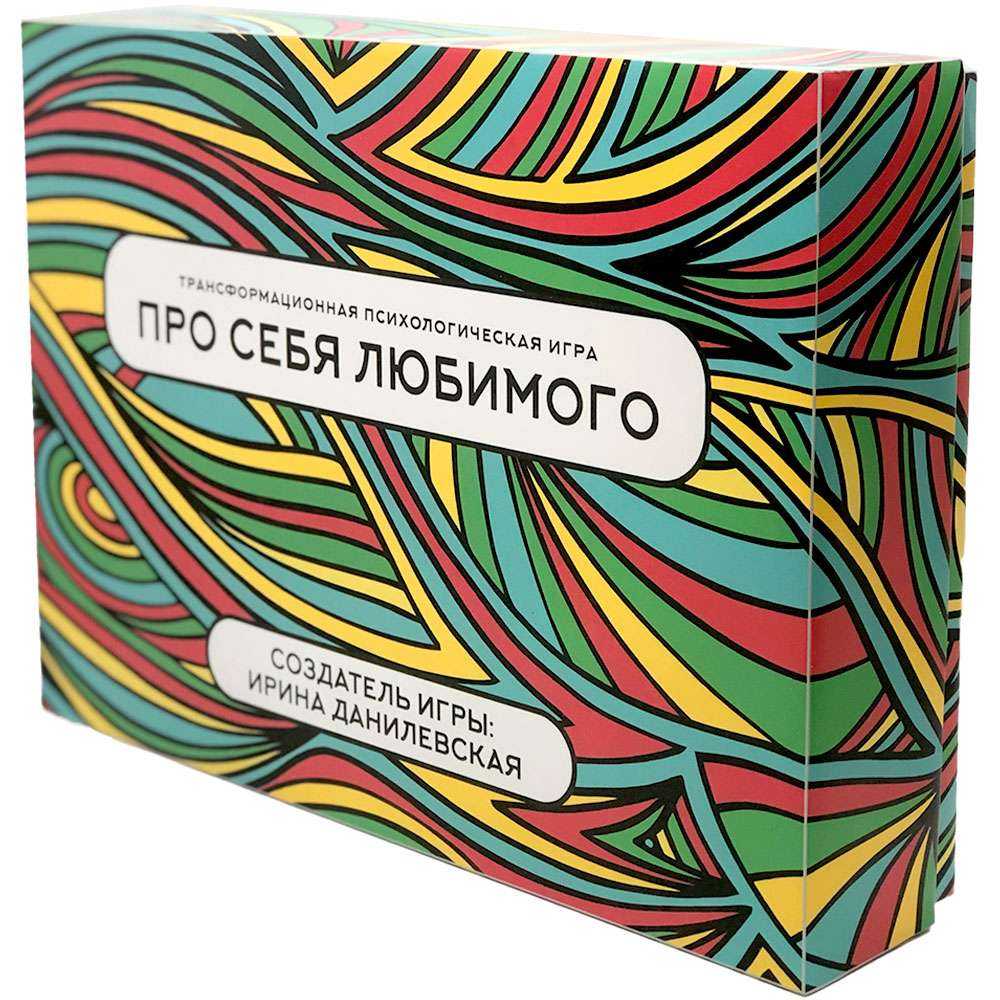
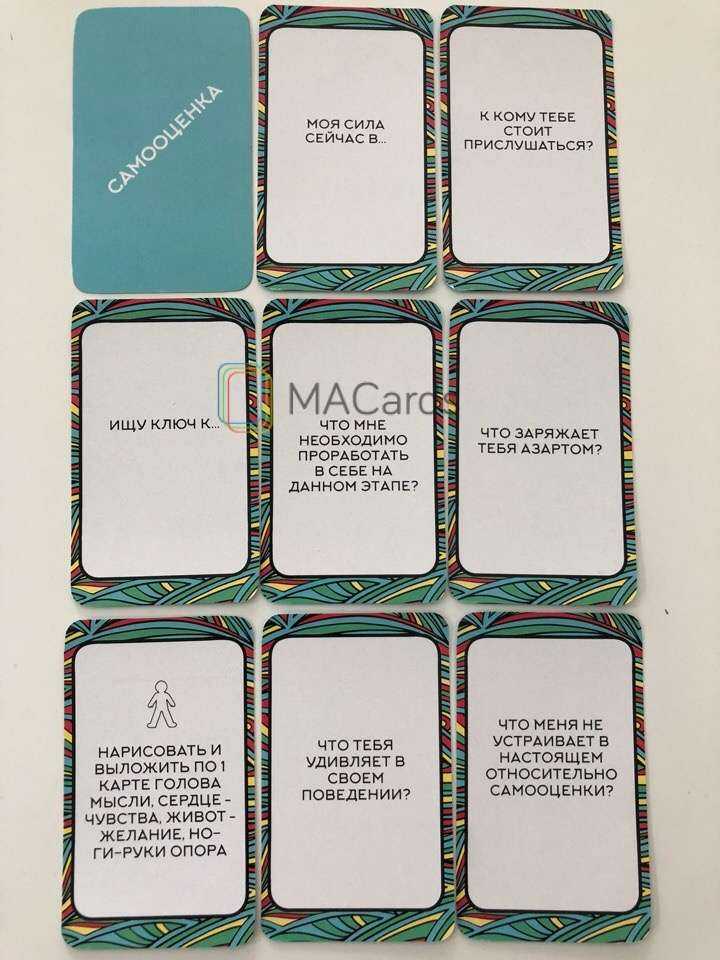
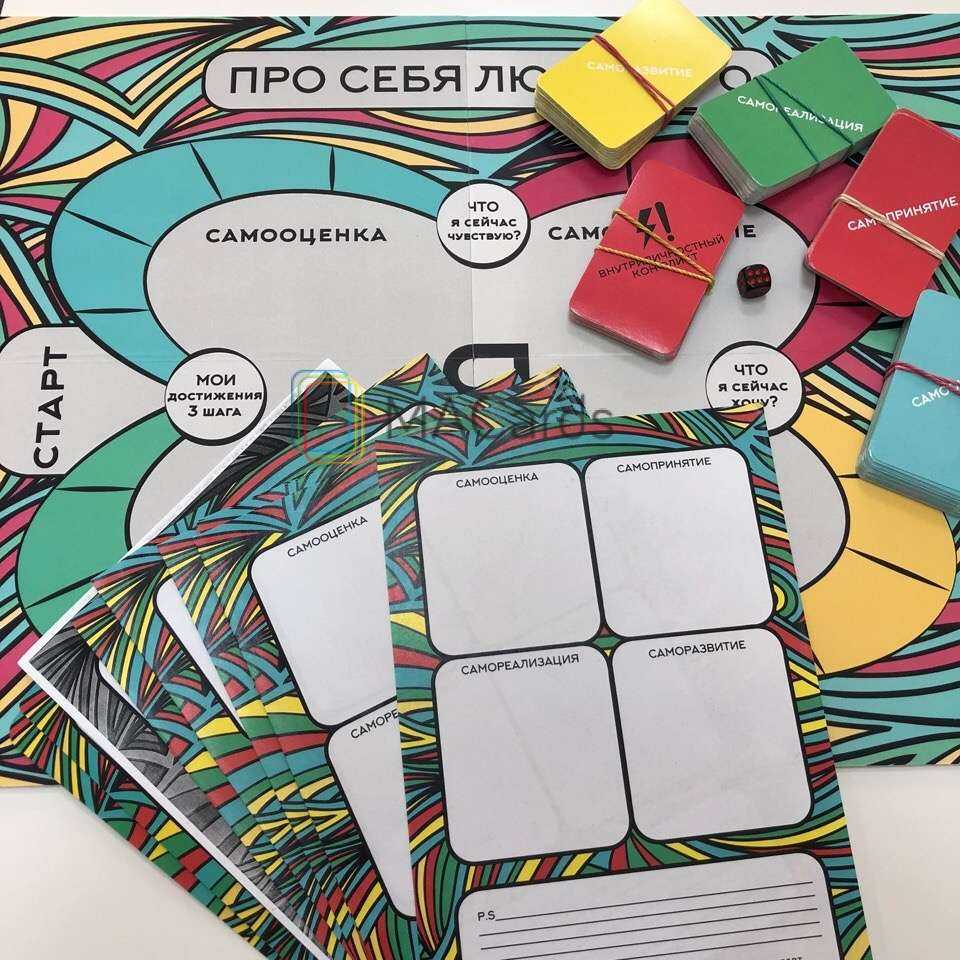
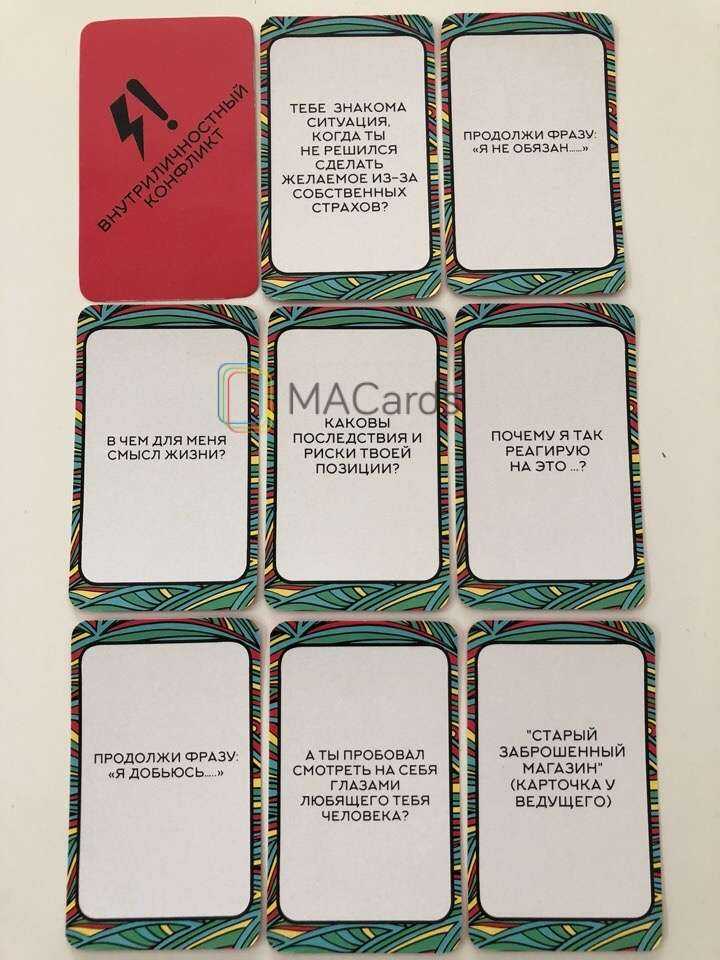


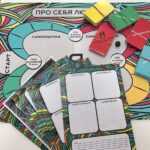

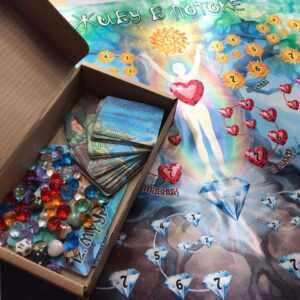
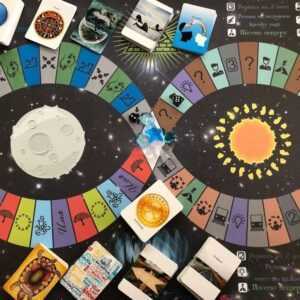
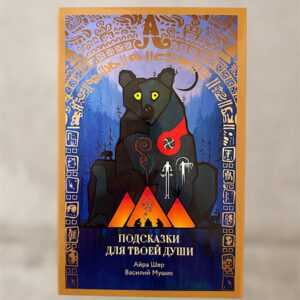
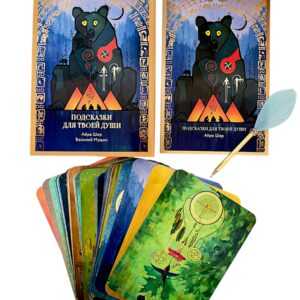

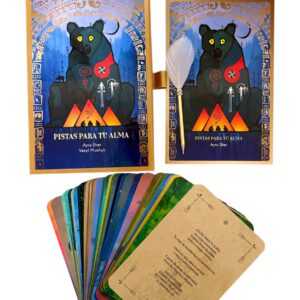
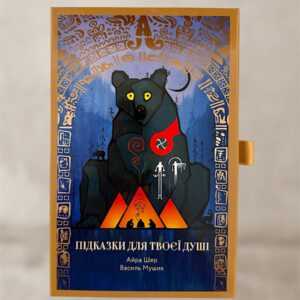

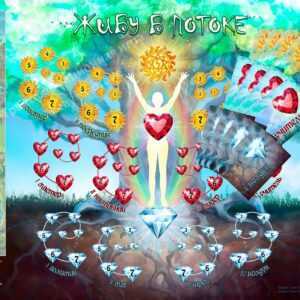
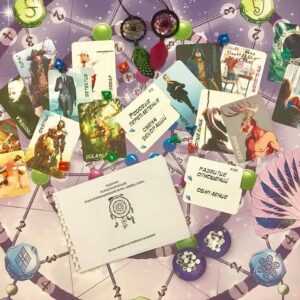
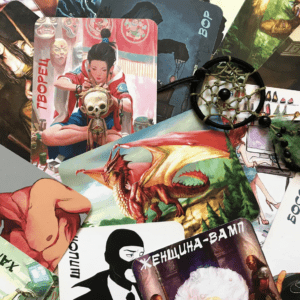
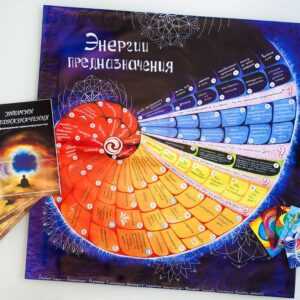
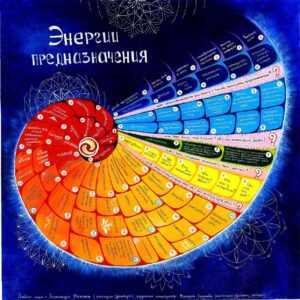
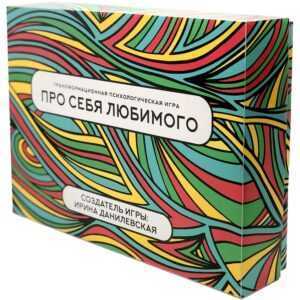
Reviews
Clear filtersThere are no reviews yet.